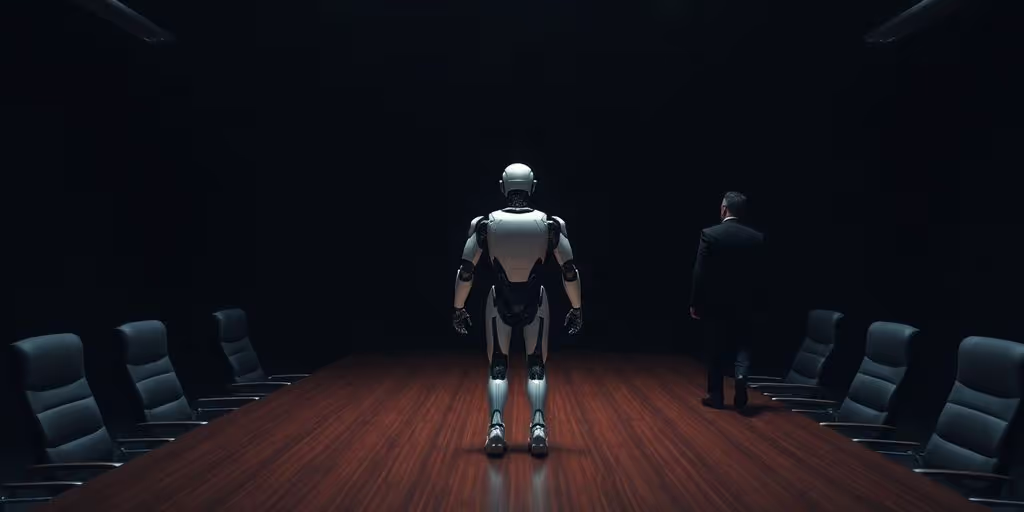CEOs are privately acknowledging that artificial intelligence will lead to significant team reductions, a stark contrast to their public statements emphasizing continued hiring. This discrepancy highlights a growing tension between corporate transparency and the fear of employee backlash, as companies navigate the transformative impact of AI on the workforce.
The Unspoken Truth About AI and Jobs
Behind closed doors, a different narrative unfolds regarding AI's impact on the workforce. While public statements often frame AI as a tool for productivity enhancement, two software investors, Jason Lemkin and Rory O'Driscoll, revealed on the "Twenty Minute VC" podcast that CEOs are privately preparing for smaller teams. This private acknowledgment stands in stark contrast to the public message of continued hiring, a strategy employed to mitigate potential backlash from employees.
Corporate Speak Versus Reality
- Public Statements: CEOs often resort to "standard corporate speak," emphasizing that AI will lead to more interesting work rather than job losses, or that the company is "still hiring." This approach is designed to soften the blow and prevent employees from "losing their shit," as O'Driscoll put it.
- Private Conversations: The reality, according to Lemkin, is that "everybody knows they don't need 30% to 40% of the team they have today." This significant gap between public and private discourse underscores the challenge CEOs face in communicating the disruptive potential of AI.
Companies That Backtracked
Several companies have experienced firsthand the consequences of bold AI declarations:
- Klarna: CEO Sebastian Siemiatkowski initially stated that AI could perform all human jobs and that the company had ceased hiring. However, he later walked back these comments after facing criticism.
- Duolingo: CEO Luis von Ahn faced backlash after a LinkedIn post outlining plans to become "AI-first." He subsequently clarified that AI would not replace employees and that hiring would continue at the same pace.
The Inevitable Shift: Layoffs and Reduced Hiring
Despite the public rhetoric, the investors anticipate significant changes in the job market due to AI:
- Mass Layoffs: Lemkin predicts mass layoffs within the next two years as companies fully integrate AI, though he expects overall headcount to remain flat.
- Gradual Reduction: O'Driscoll foresees a "steady grind" of 2% to 3% less hiring each year, particularly in tech companies, leading to "significantly reduced hiring."
- Entry-Level Impact: Dario Amodei, CEO of Anthropic, warned that AI could eliminate 50% of entry-level office jobs, urging a more honest discussion about AI's risks.
The tension between the transformative potential of AI and the need for corporate stability is evident. As AI continues to evolve, the pressure on CEOs to be transparent about its impact on employment will only intensify.
